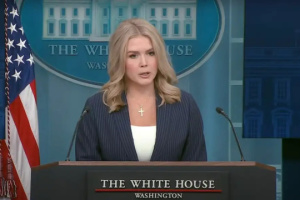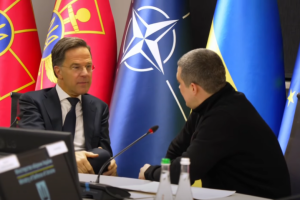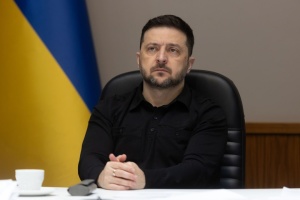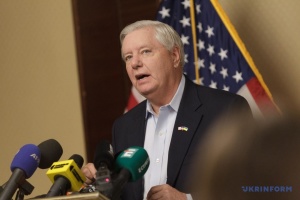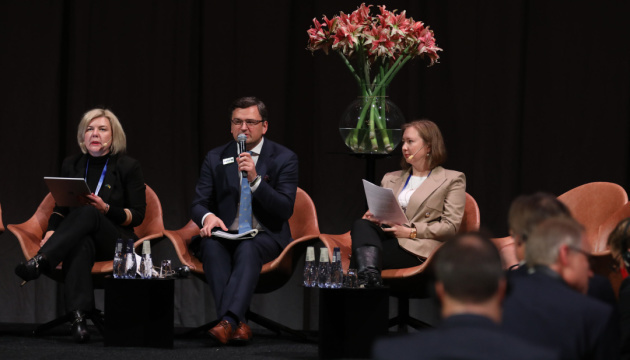
Crimea Platform: A way forward
The launch of the Crimea Platform was a successful initiative by Ukraine to keep the issue of Russia's illegal occupation of Crimea up on the international agenda and to find ways to regain control of the peninsula. Against the background of Russia's comprehensive efforts to erode the united international policy of non-recognition of the annexation attempt, holding a “Crimean" summit on August 23 this year in Kyiv was an urgent matter.
After successfully involving in the Platform a total of 44 countries, an important question arose on how to maintain existing solidarity and turn it into an effective format of international cooperation. In other words, the Crimea Platform, instead of being a one-time event, should be "embedded" in the system of international relations and become a real permanent tool for the deoccupation of the Crimean peninsula.
The way Ukraine sees the long-term functioning of the Crimea Platform was revealed during a "side event" held on the sidelines of the OSCE Ministerial Council in Stockholm on December 2-3. The co-organizers of the event entitled "Crimea Platform: A Way Forward" were 24 OSCE participating States: Albania, Bulgaria, Canada, Croatia, the Czech Republic, Denmark, Estonia, France, Georgia, Germany, Ireland, Italy, Latvia, Lithuania, Montenegro, the Netherlands , Norway, Slovakia, Switzerland, Romania, Turkey, Great Britain, USA, and Ukraine.
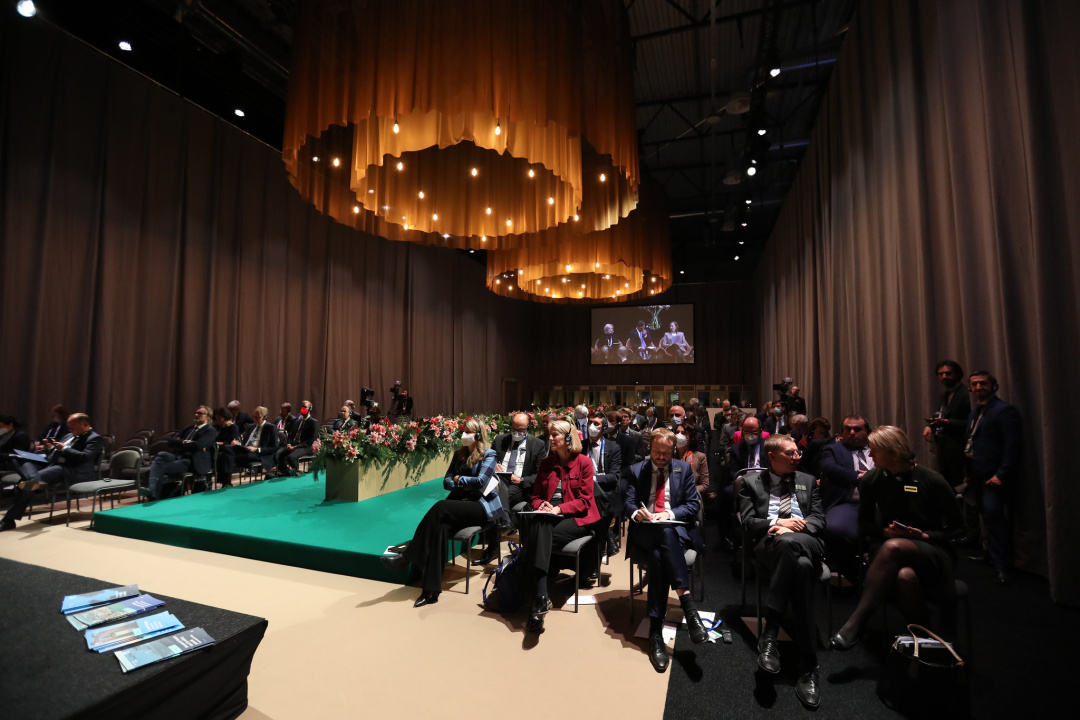
COORDINATION CENTER - CRIMEA NETWORK
"The occupation and attempted annexation of Crimean is the most serious challenge to our organization and the international security in general. I would like to reiterate my personal gratitude to all partners who participated in the Crimea Platform Summit in Kyiv this August. Now we call on you to join us in implementing the steps envisaged in the Crimea Platform Declaration," said Dmytro Kuleba, Minister for Foreign Affairs, presenting at the event the vision of the Crimea Platform development.
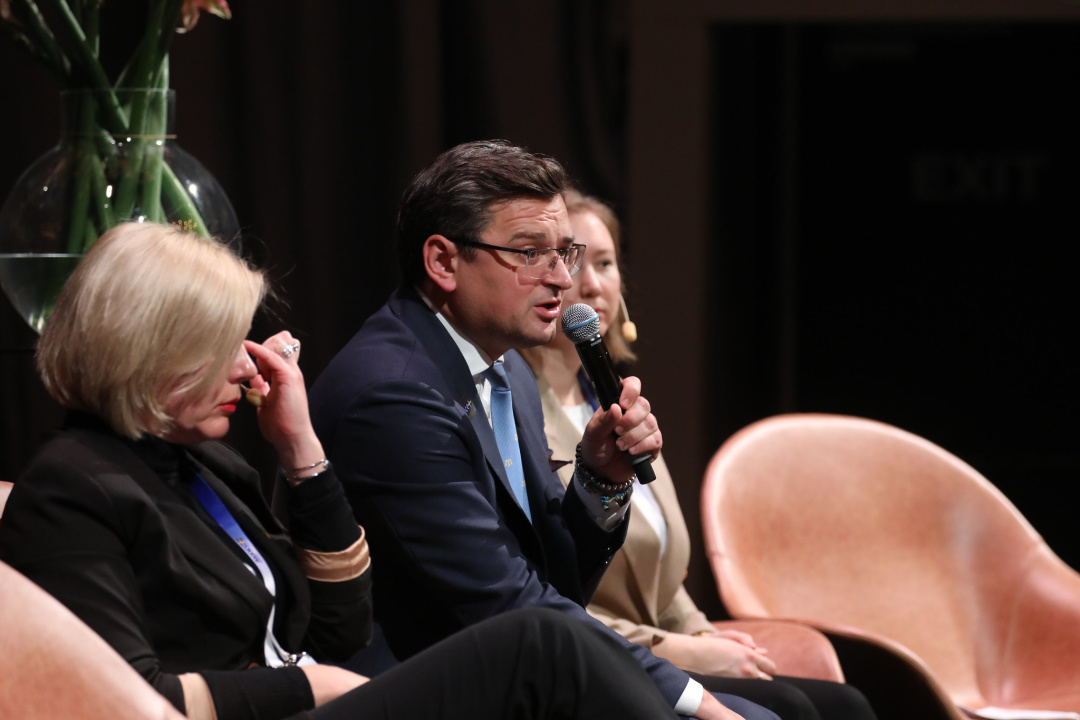
The MFA Ukraine is currently creating the Crimea focal points – a network of constant and rapid communication between the representatives of participating foreign ministries.
To date, the Ukrainian side has received answers from 36 countries of the expected 44. "We ask partners to submit their contact persons as soon as possible," Kuleba added.
This network is designed to facilitate rapid exchange of information on key issues and crises. In addition, it will allow quickly organizing meetings on margins of international events, agreeing upon concepts, and launching long-term activities. There are also plans to coordinate joint statements of Platform participants on the occasion of important events.
POLICY OF NON-RECOGNITION
The path to the ultimate goal, which is Crimea deoccupation, will run along five priority tracks. The first is consolidating the international policy of non-recognition of any altering of Crimea’s international legal status.
The Foreign Minister of Ukraine pointed out that authoritarian regimes apply "hybrid" strategies to undermine the existing law and order and encroach on democratic space.
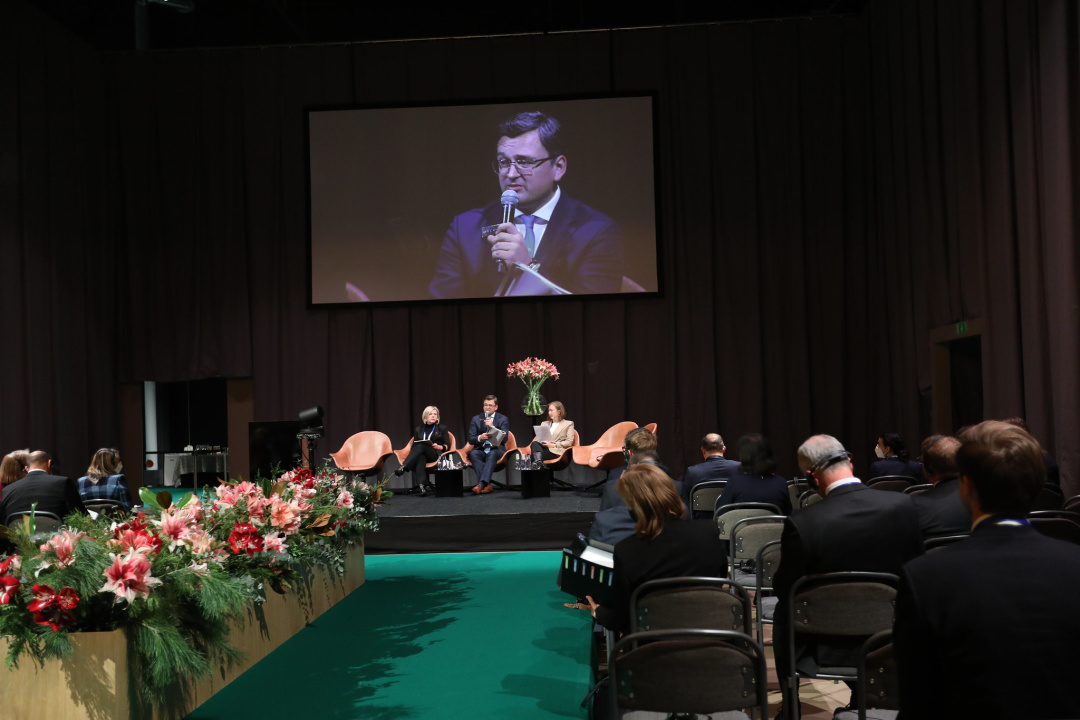
"In case of Crimea, Russia invests financial and diplomatic efforts to undermine and erode the existing international non-recognition policy. It might take form of diplomatic, cultural and business events, illegal visits to Crimea by politicians and public persons that Russia uses to present as a proof that the non-recognition policy cracks,” Kuleba said.
In addition, Moscow puts pressure on smaller autocracies to set up precedents, as was the case with Nicaragua, which recently opened an "honorary consulate" in the temporarily occupied Crimea.
Against this background, Ukraine proposes to run an expert study of the non-recognition policy through the Crimea Platform Expert Network and to develop a "code of conduct," which could be applied not only to Crimea, but also elswhere.
"Taking into account the constant and rapid changes in international relations, we propose to entrust the Expert Network with a research on the legal nature of the non-recognition policy in the XXI century. We see the potential in elaborating common elements of the non-recognition policy. I believe that the resulting document (possibly a code of conduct) will be applicable not only to Crimea but also universally," the Ukrainian top diplomat said.

PROTECTING HUMAN RIGHTS AND INTERNATIONAL HUMANITARIAN LAW
Another area of the Crimea Platform’s work is prompt response to human rights violations on the peninsula.
"High-profile international attention serves as a remedy against torture of political prisoners in today’s Crimea. It literally saves lives," the minister stressed.
Also, Ukraine intends to use the Crimea focal point network to circulate relevant information and call for action in urgent situation, including persecution of rights defenders, lawyers, and journalists, as well as mass searches and detentions in Crimea, etc. Efforts will also be taken to properly gather and share information about the perpetrators of rights breaches.
"We will seek to gather as much as possible information on perpetrators of human rights violations. This information will serve the decision-making on restrictive measures," Kuleba said.
In addition, Ukraine will work with partners to develop ways to protect cultural heritage sites located in the temporarily occupied Crimea.
Particular attention will be paid to protecting Ukrainian and Crimean Tatar identity in the peninsula that is now being under systemic attack on the part of the occupying authorities.
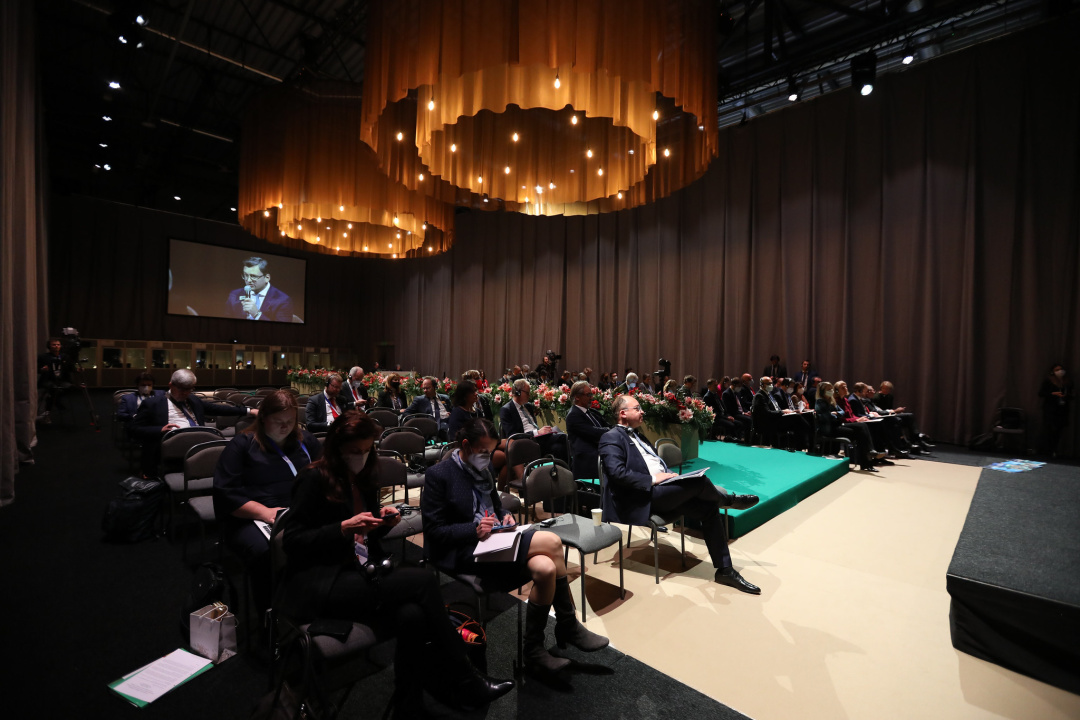
"I believe that the proposed activities will have a global impact. Protecting the world order based on norms and principles of international law as well as a pushback against mass violations of human rights will serve the interest of democratic community," Kuleba said.
SECURITY
This track on the Crimea Platform will closely monitor Russia's militarization of Crimea and related threats to the Transatlantic area.
According to the Foreign Minister of Ukraine, the international community "must find ways to prevent Russia from ruining the security architecture of the wider Black Sea region and to support freedom of navigation principle."
To this end, Ukraine plans to hold consultations and exchanges in order to engage NATO toward a stronger naval presence in the Black Sea and strengthening the Alliance’s deterrence capabilities on its southern flank.
In addition, the Ukrainian side sees the need to analyze the existing challenges to nuclear non-proliferation arising from Russia's activities in the temporarily occupied peninsula, such as preparing Crimea's military infrastructure for the deployment of nuclear arms.
“Let us not forget that Russia has de-facto renounced the ‘no-first-use’ principle in its ‘Basic Principles of State Policy of the Russian Federation on Nuclear Deterrence,’” the Ukrainian minister reminded.
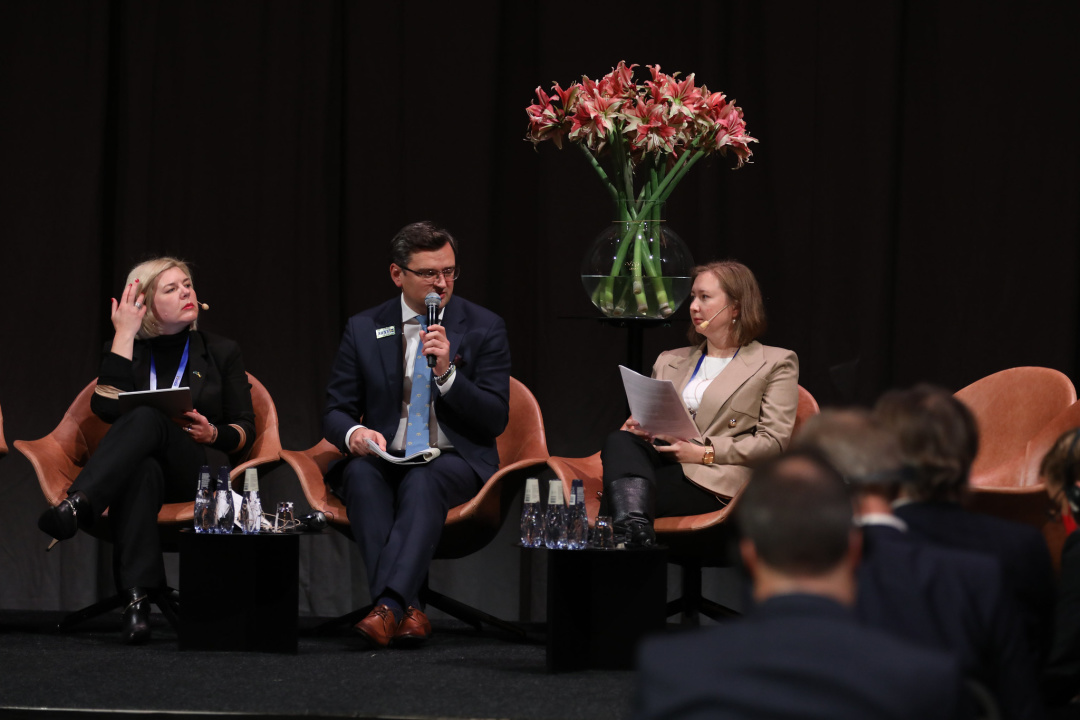
Certain activities have already been planned on the security track within the framework of the Crimea Platform, set to be implemented soon.
SANCTIONS
The Foreign Minister of Ukraine noted that sanctions against Russia over the occupation of Crimea do work, while their effectiveness should be further strengthened.
To this end, the Ukrainian side plans to hold consultations on existing sanctions and their effectiveness, exchange information on sanction evading mechanisms, and ways to counter the latter.
Developing new sanctions will also be discussed within the framework of the Crimea Platform.
"We also propose to consider elaborating of potential new sanctions packages to be introduced in case a situation so requires as a preventive tool that would deter Russia from escalation," Kuleba said.
ECONOMY AND ENVIRONMENT
The Crimea Platform will also pay close attention to the economic losses incurred due to the occupation of Crimea and the "hybrid toolbox" that Russia has developed and widely employed.
Another task will be to monitor the environmental situation in Crimea and the Black Sea.
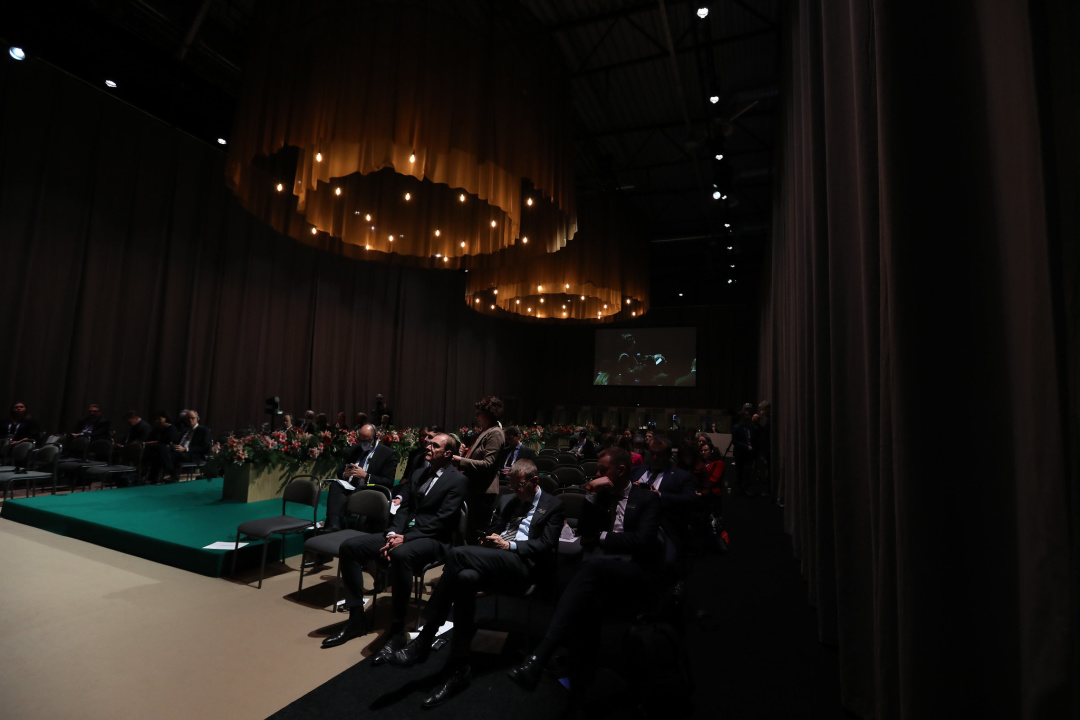
Also, an important point is that within the framework of the Crimea Platform, Ukraine seeks to work together with its partners on the economic growth of the Ukrainian regions adjacent to the occupied Crimea.
"Social and economic development of Ukrainian regions adjacent to the occupied Crimea suffer from the hybrid economic pressure of Russia. We suggest to work together to ensure sustainable development and growth of these regions, including through green economy projects," he said.
Ukraine is currently working with partners to identify co-leaders on each of the said tracks that would head the process of planning and implementation.
Vasyl Korotkyi
Photo: OSCE

